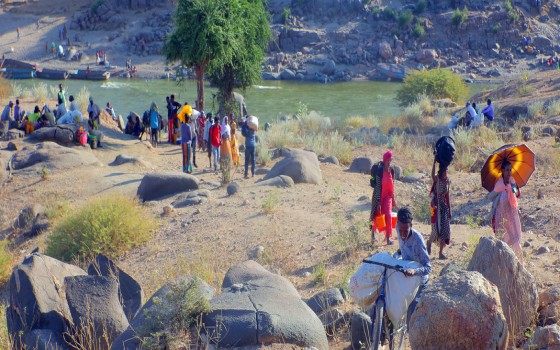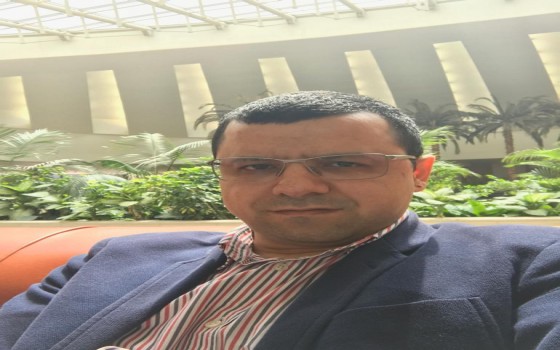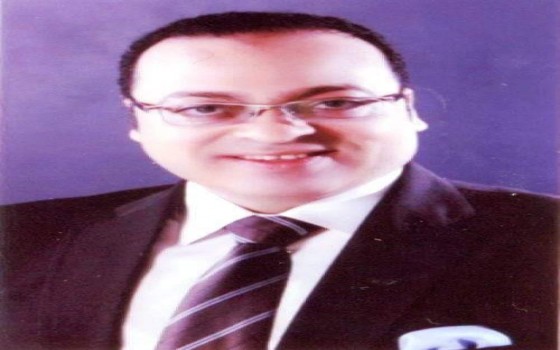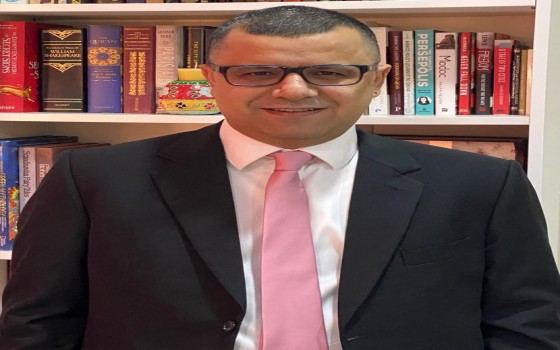
Dr. Abdel Moneim Sidqi writes a series of articles on artificial intelligence.... 1- Artificial intelligence to serve humanity

- Europe and Arabs
- Thursday , 23 May 2024 11:42 AM GMT
Throughout history, people have been searching for inventions that can mimic the human mind with their thinking patterns, and artists, writers, filmmakers, and game developers have tried to find logical explanations for the concept of artificial intelligence. For example, in 1872, Samuel Butler, in his 1872 novel "Erohon", spoke about the great role played by machines and humanity in developing the world and moving it to development and prosperity.
Over time, AI has only existed in science fiction, sometimes emphasizing the potential benefits of AI to humanity and its humane bright side, and sometimes emphasizing its expected negative side, portraying it as a ferocious enemy of humanity trying to steal civilization and take control.
In 2018, AI is a reality, not a fantasy, and will no longer just happen in the realm of popular culture. 2018 was a huge leap for AI, as this technology has grown exponentially to become an important tool that has entered the mainstream for all sectors.
Artificial Intelligence has emerged from laboratories and the pages of science fiction and has become an integral part of daily life, such as navigating cities, avoiding traffic, and using virtual assistants to perform various tasks. Today, the use of artificial intelligence is based on the common benefit of society.
Brad Smith, President and Legal Director of Microsoft, said in a recent article that the world is suffering from ongoing humanitarian crises caused by natural and human-caused disasters, and these relief organizations are trying to deal with these disasters and events, but their work is still only reactive, and it is difficult to expand its scope. . “I think it's a good idea,” he said.
According to Smith, expertise in artificial intelligence and data science, as well as environmental science and humanitarian aid, can help save more lives and reduce suffering by improving methods that predict occurrence and enhancing ways to deal with disasters before or after they occur. That's why Microsoft launched the "AI for the World" program, which aims to use data science to protect the Earth. The duration of the program is 5 years, the cost is 5000 million, and the program will distribute up to 4 years of Microsoft's experience in research and technology for artificial intelligence technologies In 35 key sectors: agriculture, water, biodiversity and climate change.
“We believe that AI will respond to pressing social challenges and create a better future,” said Lucas Guba, who heads Microsoft’s AI for the Planet program. Operating by ensuring better management of agriculture and conservation of natural resources.” It can provide environmental and economic benefits, up to raising the level of environmental protection.












No Comments Found